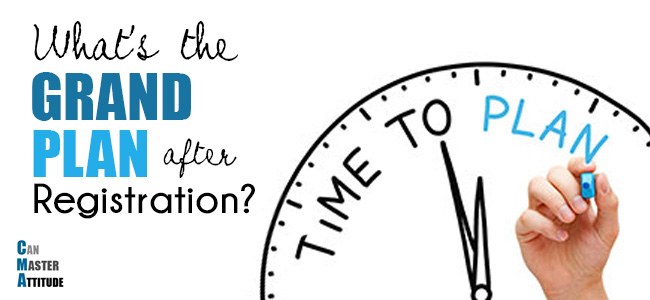- You are here:
- Home »
- Blog »
- CMA Steps »
- After CMA Registration: Next Steps (plus Tips on Effective Studying)
After CMA Registration: Next Steps (plus Tips on Effective Studying)

1. Speed Up Your MC Questions
Quite a few candidates didn’t manage to finish the exam. In most cases, you can train yourself to work faster. Try to limit the easy practice questions to one minute so you can spend more time on more complex questions. If the question takes too long to complete, skip and flag it, then move on.
2. Track Your Weaker Areas
It could be incorrect questions from a certain topic or a certain type and format. Try to see if there are any patterns, and you can work on those exclusively.
For most people, this can be easily identified. If you don’t have the time to figure it out, Surgent CMA offers a platform that feeds questions based on your own weaker areas.
Moreover, other platforms track your progress as well. You can compare the best CMA prep courses, and, specifically, you may want to compare Gleim vs. Surgent CMA.
3. Tackle the Essays and Remove the Anxiety
Essays are really not difficult for most candidates — but it could come as a surprise if you don’t have any preparation.
Make sure you at least work through all essay questions in the mock exam. Practice your time management, how to keep calm and think on your feet, and whether you can endure a 4-hour exam.
4. Don’t Run Away from the Mock
Mock exams are scary and stressful. They unforgivingly expose our weakness — on topics we don’t understand and how we lose control and run out of time. But then, it is precisely why a mock exam is helpful. You want to experience this stress and learn how to deal with it in the actual exam.
5. Perform Your Reality Check
Check your progress periodically — I suggest you do this weekly. Is everything on track? If you fall behind, is it possible to catch up, and if not, should you reschedule the exam?
Don’t run away from this or have your emotion take over. Be realistic, and have the courage to switch to Plan B if and when it comes necessary.
You can do it!
For Your Further Reading
About the Author Stephanie Ng
I am the author of How to Pass The CPA Exam (published by Wiley) and the publisher of this and several accounting professional exam prep sites.
